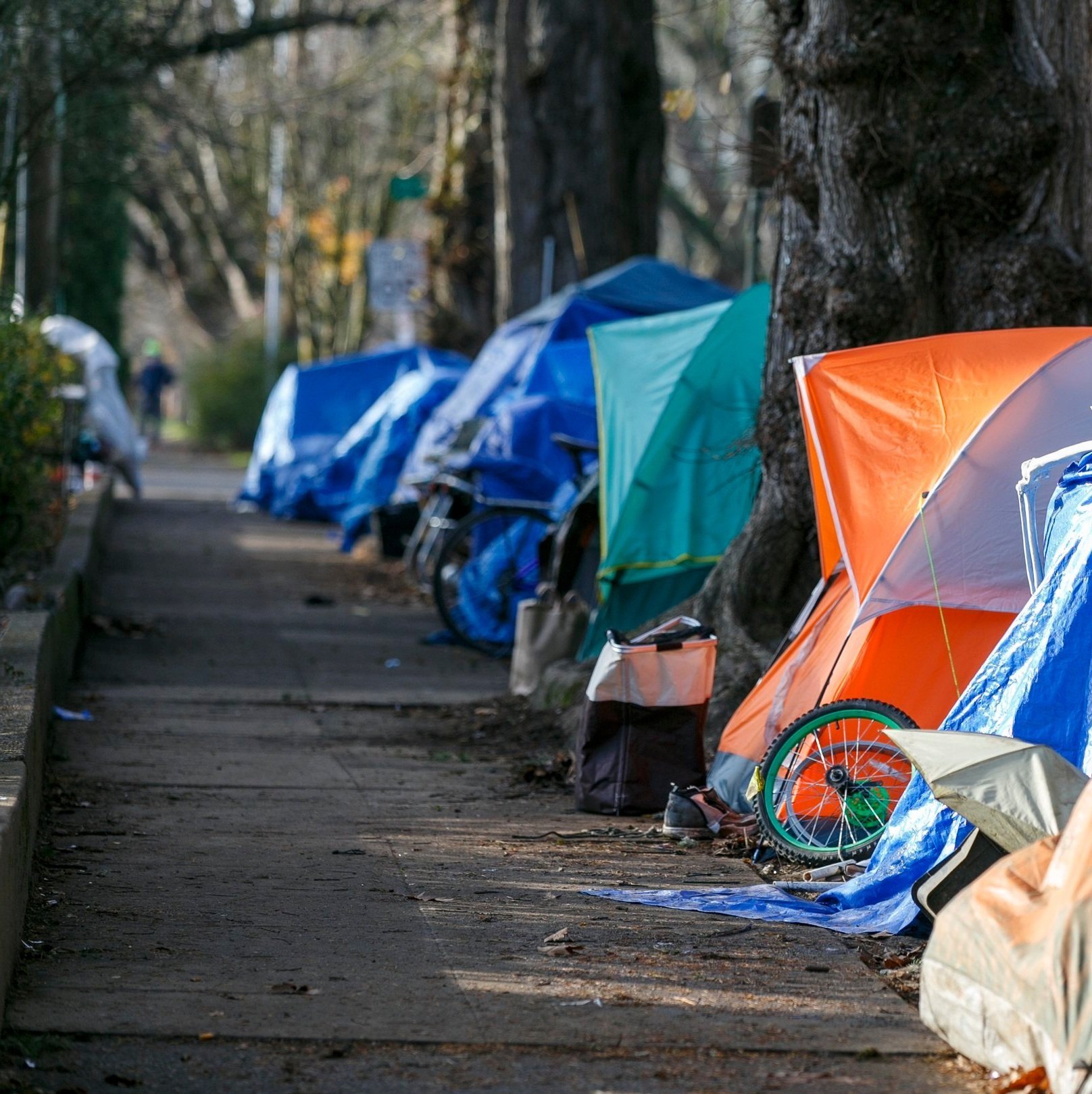
Disasters
A Worsening Situation
The increasing frequency of natural disasters in Australia has had a profound impact on housing, leaving many individuals without stable accommodation. These individuals often find themselves in temporary housing, if available, for extended periods of time. Factors such as shortages of building materials, insurance disputes, or lack of insurance coverage further delay their return to their family homes.
Stay Together, Rebuild Faster
RRH’s Expanda Box provides an additional solution to existing disaster management, allowing families to stay together on their own land or with other family members. This approach enables normal life to resume more quickly, including access to schools, friends, neighbourhood support, and the ability to care for pets and animals.
Additionally, it ensures property security by allowing individuals to remain on-site to protect and manage their properties during the rebuilding process.
The Disaster Survivor Hierarchy of Needs is made up of six hierarchical needs:
1.
2.
Food, water, and shelter
Safety
3.
4.
Family & friends support
Stress reaction
5.
6.
Grief and loss
Assimilation and accommodation
Through discussions with community groups and individuals affected by disasters, RRH has identified that in many cases people prefer not to be relocated for extended periods. They need stability, comfort, and emotional relief, which are difficult to achieve in village-style shelters.
Temporary Accommodation
Climate events are also increasing globally, flooding and bushfires, in these situations entire communities are being displaced. The need for rapid response accommodation is higher than ever in these communities.
Temporary housing allows families to stay within their communities, continuing access to their incomes, networks, friends and family. In some cases, our collapsible Expanda Boxes allows residents on rural lands to stay on their property during the cleanup process as they continue to look after their live stock.
“We have a general homeless hub and a women’s domestic violence service - they are all full. I have 240 women waiting for a crisis bed, and 120 women waiting for a case manager - we are swamped! There hasn’t been an increase in funding to special homeless services in 10 years, and yet the demand has increased exponentially.”
LESLEY LABKA - HOMELESSNESS SERVICE OPERATIONS MANAGER


